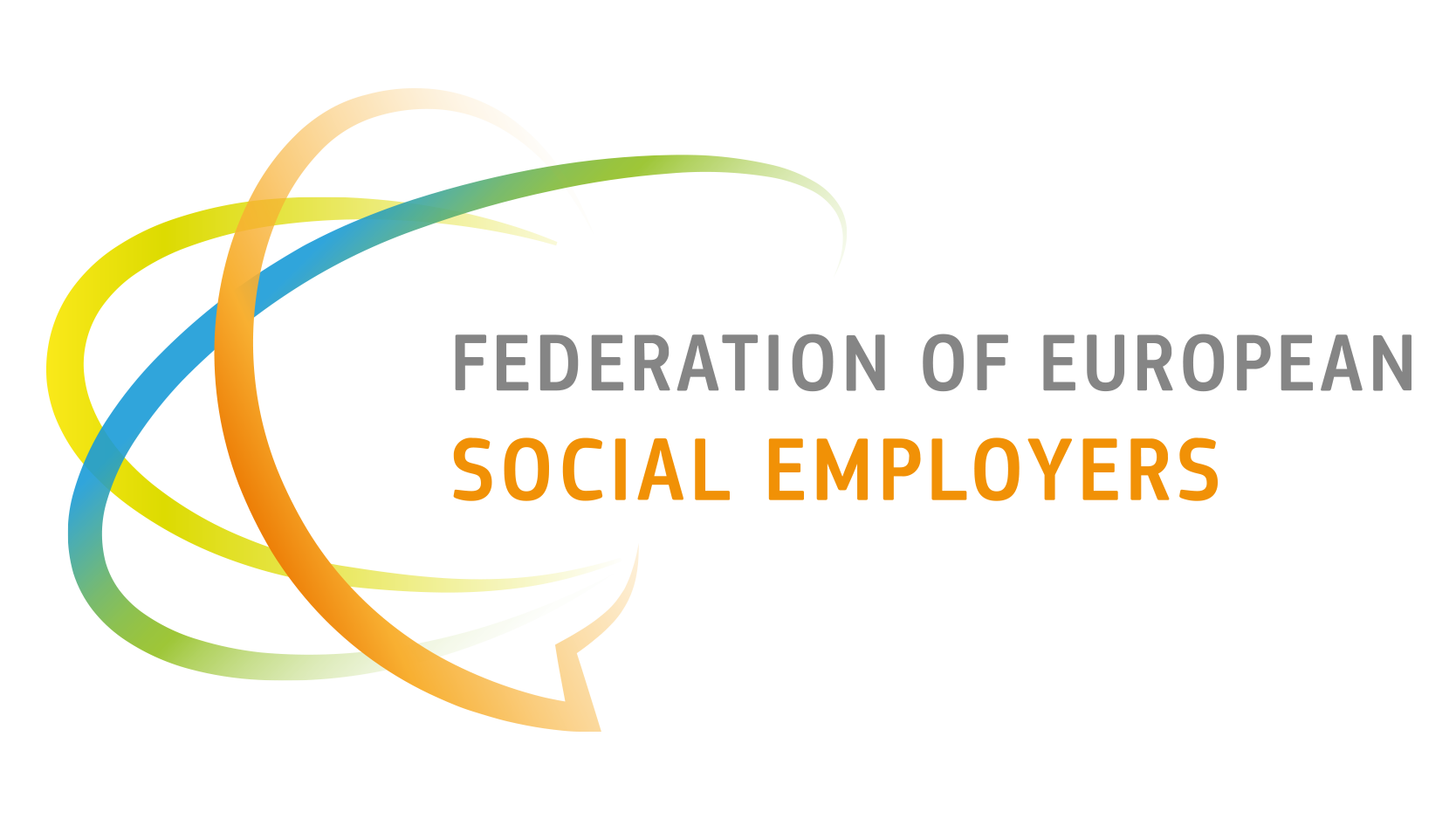Meeting on Safe and healthy workplaces in Social Services during and after the COVID-19 pandemic and the role of Social Partners

On 9th June 2020, the Social Employers and EPSU co-hosted the 3rd European Thematic Meeting in the framework of DialogueS, online in the form of a Webinar. The topic of discussion was “Safe and healthy workplaces in Social Services during and after the COVID-19 pandemic and the role of Social Partners”.
As many states across Europe are lifting their confinement measures and permit the re-opening of social services, challenges related to upholding new health and safety measures and potential new risks for care workers emerge.
During the webinar, representatives of employers and trade unions exchanged experiences and good practices to identify key challenges and solutions related to the safety and health of workers during and after the re-launching of services.
The event started with opening remarks from Maryvonne Nicolle, President of EPSU’s HSS (Health and Social Services) committee and Jiri Horecky, Vice-President of the Federation of European Social Employers. They both gave a brief overview on the main challenges the social services sector is facing due to COVID-19 and highlighted the need to develop and promote social dialogue to protect the wellbeing of users and workers.
This was followed by an intervention by Elke Schneider, Senior Project manager and expert on biological risks at the European Agency for Safety and Health at Work, EU OSHA. She presented the EU guidance on COVID-19: Back to the workplace, including available resources and concrete guidance concerning technical & organisational measures and personal protective measures. Moreover, Elke Schneider also highlighted the need of updating the OSH risk assessment and the relevance of information and consultation of workers.
The second panel “The contribution of social partners in ensuring the health and safety of workers and users”, brought together two employer representatives and two employee representatives from France, Italy, the Netherlands and Sweden to introduce initiatives and actions at national level on health and safety of workers and users. Fréderic Hyacinthe, Director General of Apei des 2 Vallées presented some key measures in crisis management & communication, with employee representatives at the core of the crisis. Giancarlo Go, from FPCGIL; highlighted the two agreements for the prevention and safety of public and private health workers for Covid-19 emergency. Tim Kind, Policy Advisor, Actiz introduced the analysis on the management of the COVID-19 crisis in the Netherlands; and Jonas Nilsson, responsible for workplace safety, Kommunal brought in the Swedish model on emergency situations, a collective agreement that provides flexibility in terms of work obligations, working hours and conditions and more favourable compensation for employees.
All interventions illustrated the key role of social partners for occupation health & safety and for the general preparedness of the sector, as well as the importance of social dialogue to respond effectively to the crisis.
The Webinar was concluded jointly by the Social Employers and EPSU.
Closing the Webinar, Maryvonne Nicolle, President of EPSU’s HSS committee, stated that
“Social dialogue plays a key role in social services. It is needed so that employers’ and employees’ representatives can work together to develop solutions, measures and initiatives to protect workers and to encourage the EU Institutions to do more to protect social services. This leads to a higher quality of services and protection of users.”
Sylvain Renouvel, Director of the Social Employers, added:
“Social services will carry the social, psychological and economic repercussions of Covid-19 and it is time that their essential role is recognised at all levels. As several speakers have said, it’s also time for further cooperation between health care and social services sectors.
Services’ social partners have to work together to face the consequences of the Covid-19 pandemic, on top of the already pre-existing challenges, such as the ageing of our societies, which will increase the needs in terms of services and workforce.” workforce.”
Supporting documents
Summary report, here.
